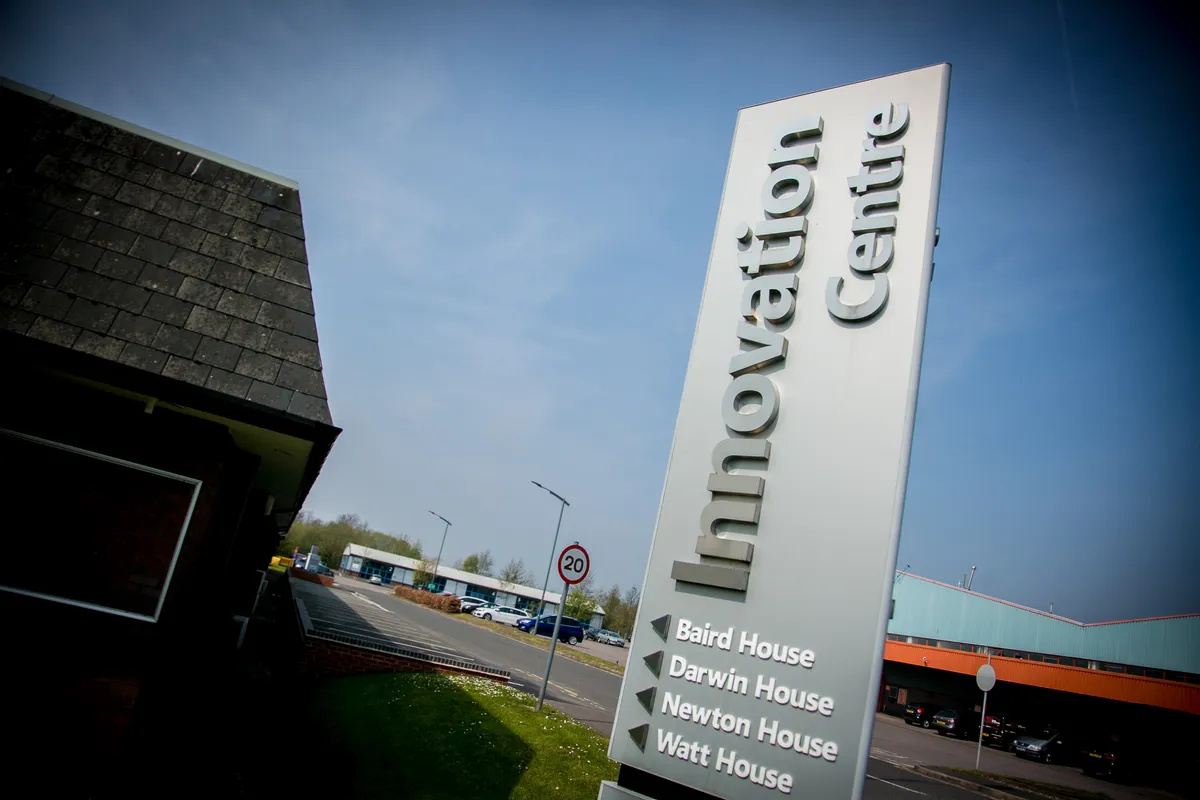By Blox Content Management
Copyright thenassauguardian

The Davis administration has, to its credit, laid the groundwork for the transformation of the airport infrastructure of our country.
Tourism accounts for a significant portion of our national GDP, and for many of our Family Islands, their airports serve as the primary gateway for international and domestic visitors.
But for generations, we have let the airport infrastructure crumble, leaving embarrassing, outdated buildings and airside amenities that barely meet our basic needs, and in many cases fail to serve them.
We have also had natural disasters tear apart airports in areas like Grand Bahama and Long Island and struggled with solutions.
The Bahamas has many problems; and bold approaches are often necessary and can be handled right.
The Family Islands Airport Renaissance Project is an initiative designed to modernize and expand aviation infrastructure across 14 airports throughout the archipelago.
The airports slated for improvement span from North Eleuthera to Exuma, Long Island, and Bimini, with substantial investments from international partners such as the Saudi Fund for Development (SFD).
Last year, the government signed a $55 million loan agreement with the SFD for the North Eleuthera International Airport.
In Exuma, a particular embarrassment given the high-value tourists that visit, there are also plans for a world-class international airport.
A 20,000 square foot terminal is planned in Bimini as part of the first phase of an ultimate $80 million terminal there through a public private partnership (PPP).
In Grand Bahama, the Davis administration elected to redevelop the international airport through a PPP with a company that has reputable Bahamians at the helm.
That airport will be critical for United States Pre-clearance to return to that island as other major projects take place there.
This week, Deputy Prime Minister Chester Cooper revealed that the Davis administration is in the process of organizing alternative funding for the redevelopment of Grand Bahama International Airport (GBIA) after initial funding plans fell through.
Improved airports bring more tourists, and more tourists mean more jobs, more business for local vendors, and increased tax revenues for the government.
The Davis administration is to be commended for addressing the issue of Family Island airports. However, as critical as these aviation upgrades are, they cannot be the only focus if we are to see real, sustainable development across the Family Islands.
For these airports to truly function as real economic drivers, the government must turn its attention to other essential services — particularly electricity, water, and communications infrastructure.
Most of our Family Islands continue to struggle with unreliable or outdated utilities, hampering the economic potential that modern airports might bring.
Local businesses and potential investors need to be assured of a stable and cost-efficient energy source.
Without such an assurance, it is difficult to imagine how even the most state-of-the-art airports will attract sustainable growth.
Reliable water supply also remains a challenge in several Family Islands, a situation that is not only extraordinarily inconvenient but is a real obstacle to development.
Tourists, no matter how beautiful the destination, will not frequent areas where basic amenities are lacking.
And for locals, insufficient access to clean water is an impediment to improving living standards and developing entrepreneurial activities, particularly those tied to agriculture and hospitality.
As far as communications services are concerned, in a digital world, strong and reliable internet and mobile connectivity are no longer optional; they are a necessity.
The ability to connect with the global economy, to engage in digital tourism marketing, to host online businesses, or even to simply ensure efficient communication in case of emergencies, all depend on robust telecommunications infrastructure.
In the Family Islands, internet speeds are slow, and coverage is spotty.
And frankly, the major communications providers treat the Family Islands like an afterthought.
International investors, potential residents, and global tourists are all attracted to destinations where services meet international standards.
Electricity, water, and communications must be prioritized, so that our residents and businesses can thrive, and so that our airports can function at their full potential.
There is no use in marketing The Bahamas to the world – and even other Bahamians – if the lights and water don’t stay on, and basic communication is difficult.
The new airports will present a tremendous opportunity.
If approached correctly and holistically, there is the real possibility of creating economic centers in The Bahamas that give Bahamians the chance to revitalize the Family Islands.
But that will mean dealing with all the major issues that are necessary for a great visitor experience and an acceptable quality of life.



